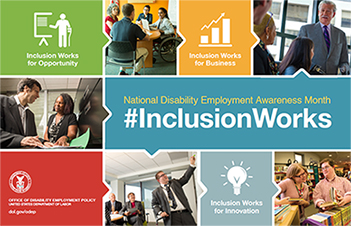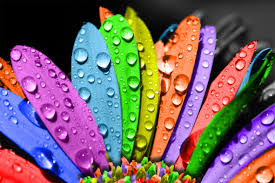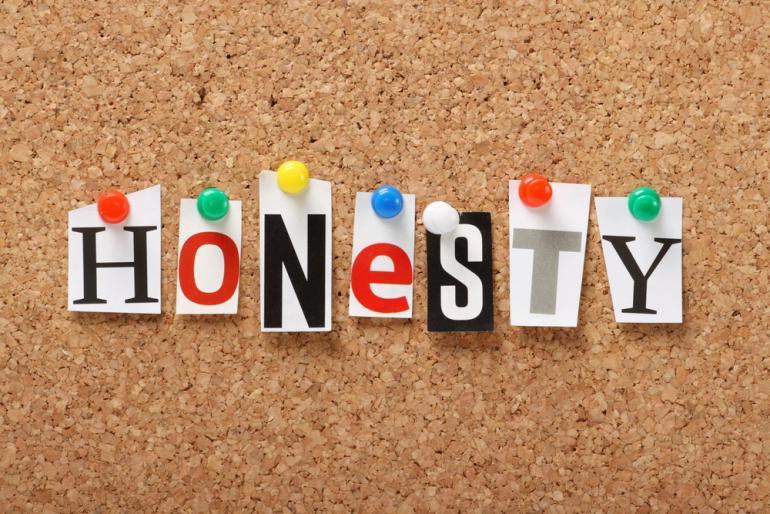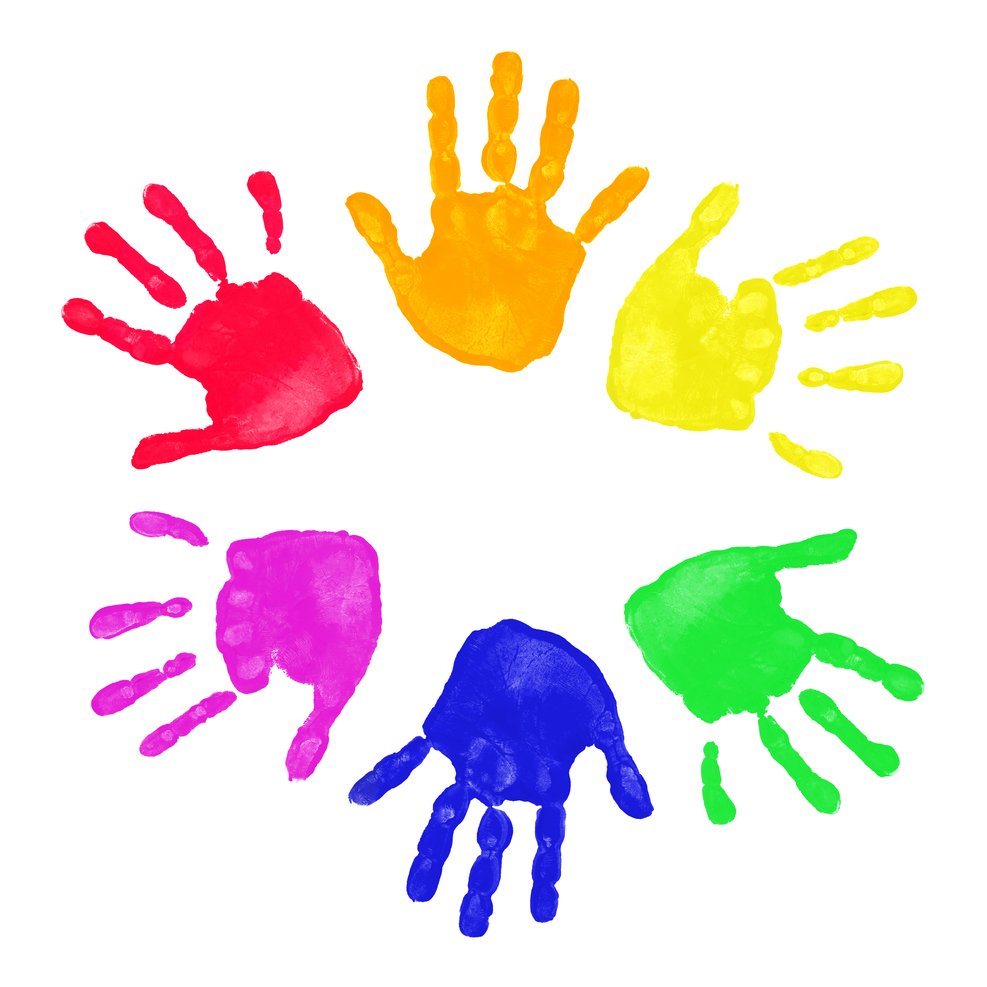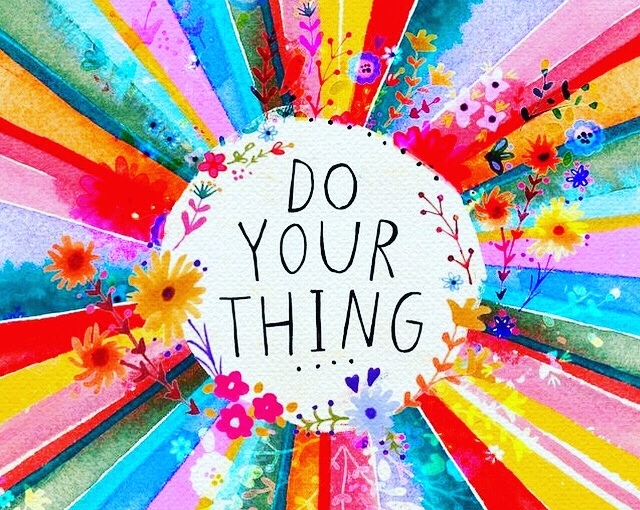For those of you who haven’t come across this before….

In laymen’s terms, co-morbidity is having more than one condition! In the book, ‘Taking Charge Of Adult ADHD‘ Dr Russell Barkley states that,
“Most adults with ADHD have at least two disorders : 80-85% have ADHD and one other disorder, and more than half may have three psychological disorders.” (Pg 15)
This is commonly known and agreed on by most neurodiverse professionals and indeed us ND’s!

It’s really hard and annoying having co-morbidities.
When you are trying to help yourself by reading up on your conditions, most books are either about one subject or the other. Either pure ADHD, or pure ASD. Well, the thing is, I have ADHD, ASD, Dyslexia, Dyspraxia, habits formed by those conditions, a personality and a culture.
Sometimes I have ADHD traits that are dampened down by or even completely cancelled out by my ASD and vice versa. And all these ‘super powers’ that people supposedly have with ADHD; well, my ASD means I don’t have some of those.
So does that mean that all those people that can conquer the world with ADHD exclude just me?

I can’t do what he with ASD and an amazing technical mind can do at Google, and I can’t do what that brilliant ADHD entrepreneur with all that energy can do……because I have more than a singular condition.
To be honest I’m not sure anyone has a completely singular narrative because we all have different personalities and traits and cultures from our families and countries, but even so, if we didn’t start somewhere on a scale then we wouldn’t understand our conditions and get some general help.
But I do think we need more co-morbid studies and narratives. And the same in terms of therapy and books. Where are the co-morbid books please? Where is the co-morbid help?

I also have had an ever changing eating disorder through most of my teenage and adult life. It has changed into different disorders depending on my life situation and my emotional and mental health.
But the one thing that hasn’t changed it that is it directly a result of my conditions.
An ADHD brain does not seem to have the same level of dopamine as a non-ADHD person and in very broad and simplistic terms (forgive me scientists/therapists) this means the ‘feel good’ factor is lessened, as well as the ‘boredom’ factor being a real problem. It is a problem because dopamine is involved in the reward-behaviour motivator i.e. it helps someone to push through some boredom because they can see that the reward/result at the end of the task is worth the work. I, with ADHD, can only do something that I am really interested in. I cannot use delayed gratification to motivate me, however hard I try. This is not laziness, this is an ADHD brain with a different physiological chemical make up.
The problem with the boredom factor is that we are always looking for a stimulant.

Stimulants are either enjoyable and give us the ‘feel good factor’ immediately (because delayed gratification is a challenge) or they fire up the part of the ADHD brain that struggles.
For me, food (mainly sweet sugary food!) has been my stimulant. My boredom breaker, my ‘feel good’ medication. It has also been the thing I have felt in control of when everything else in my life has felt out of control. It has also been the thing that has felt THE most out of control. So why is this not helped along side the other co-morbidities?

Really, I could go on about a whole load of other symptoms of my neurodiversity that have similarly become their own problem. Always linked to conditions, but also big enough to be its own big problem. But I won’t, because I have ADHD and am running out of writing steam!

Let’s just say, I found ONE book for both ADHD and ASD as a connected function…..ONE book. I don’t even know if its any good as it has been sitting on my shelf for a good 6 months (I know, so ADHD of me!) It’s called ‘The ADHD Autism Connection‘ by Diane M. Kennedy, and I’ll let you know it’s quality once I get to reading it in 2050 when blogs probably won’t exist anymore *cue laughter*
Actually, one more before I go is the issue of pregnancy, birth and parenting.

The thought of parenting as someone with neurodiversity, with the enormous likelihood of having children with neurodiversity (despite the nature/nuture query there is general understanding that neurodiversity in families have a weighted genetic disposition) feels utterly overwhelming!
Not to mention my complete phobia of vomiting (a lot of unpleasant sensory and lack of control elements; my completely low pain threshold (again probably highly sensitive sensory components); my absolute fear of body change and weight gain (from low self-esteem and an old view that being thin = acceptance….all stemming from undiagnosed conditions and the feeling of not fitting in and not knowing why) etc etc etc………..
Guess what? Yup, ONE book. And it’s only for those with ASD. So who knows what the fuller picture would be like – and it’s not like you can return children(!) How I’m supposed to make an informed decision about such a crucial life choice that could negatively impact my poor children-to-be forever if I am ill equipped, unprepared, or just genuinely unable to provide what they need emotionally and physically, when I struggle sometimes to provide that for myself. Let alone the specialist care that comes with potentially neurodiverse children *sigh* I love my children-to-be enough to want to give them the best and help them, and how can you know you have enough in your tool kit to do that? I know that every parent-to-be feels this to some extent and often people don’t feel ready or able, but the neurodiversity train adds such a heavy level of complexity and a genuinely physiological challenge that stopping it at the ‘parenting’ station may genuinely be too much for some to bear.
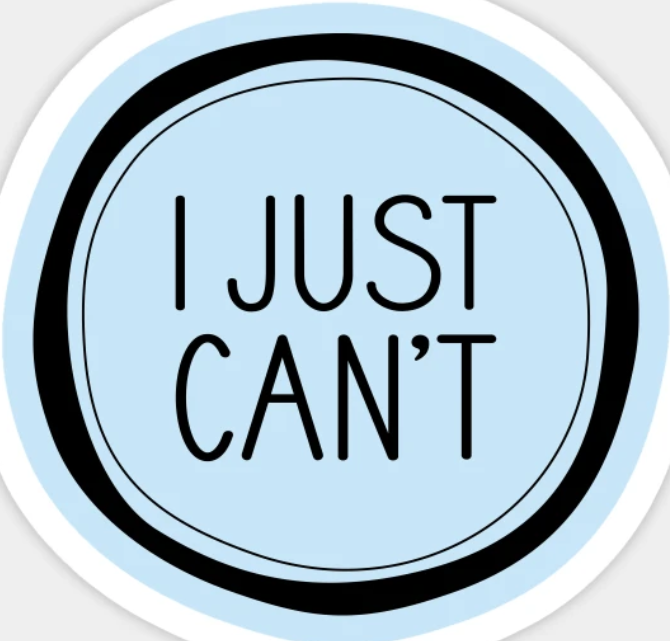
Granted no one can give you the complete answer to this, and again, everyone is different, but having the same level of discussion, study and information out there as some of the singular subjects would really help!
Anyway, deja vu, but surprise surprise I haven’t read this one yet either! To be honest it’s more out of complete terror at the thought of maternity than the ADHD “I’ll get to that soon” brain feature! (‘From Here To Maternity ; Pregnancy and Motherhood on the Autistic Spectrum‘ by Lana Grant)
So calling all those with such experiences, or those who have the brain and the inclinational to do so, please write and study for us!

In the meantime, for those of you with co-morbidities linked to neurodiversity, please know how special and unique you are, and how much colour and joy you bring to the world. Learn about yourself, get professional support, and see just how wonderful you really are! ❤





